Accidents, whether minor or severe, are traumatic events. Even after the dust settles, the experience can leave scars not just on the body but also on the mind. At Angell Law Firm, we have encountered countless clients who have felt perfectly fine immediately after an accident, only to realize later that they’re not okay. This phenomenon is often attributed to delayed shock symptoms.
What are Delayed Shock Symptoms?
Delayed shock, medically known as delayed onset PTSD (Post-Traumatic Stress Disorder), is a condition where symptoms of shock appear long after the traumatic event has occurred. These can manifest days, weeks, or even months later.
Why Do They Occur?
The human body has a remarkable ability to prioritize immediate dangers. When faced with a traumatic event, the body’s “fight or flight” response kicks in, potentially overshadowing pain or trauma. As time passes and the body perceives less immediate danger, suppressed symptoms can emerge. This can be compounded by external factors, such as discussions about the accident, seeing a vehicle similar to the one involved, or even just the sound of screeching tires.
Common Delayed Shock Symptoms
- Physical Symptoms: These can range from unexplained pains and aches to severe headaches or even digestive issues.
- Emotional and Cognitive Symptoms: Anxiety, depression, mood swings, or memory issues are common.
- Behavioral Symptoms: Changes in sleep patterns, irritability, and avoiding places or people that remind one of the traumatic event can indicate delayed shock.
Why It’s Important to Recognize These Symptoms
Many often dismiss these symptoms, attributing them to other causes. However, it’s essential to acknowledge and address them. Early intervention can lead to better outcomes and prevent the development of more severe conditions.
Moreover, recognizing these symptoms is crucial for legal reasons. If you’re seeking compensation for injuries or trauma caused by an accident, it’s imperative to document all your symptoms, even those that appear later.
Seeking Help and Next Steps
If you believe you’re experiencing delayed shock symptoms after an accident, the first step is to consult with a medical professional. They can offer guidance on treatment and provide documentation that may be necessary for any legal claims.
At Angell Law Firm, we understand the intricacies involved in these situations. Our expertise and dedication to our clients ensure you get the guidance and support you need. Recognized by various legal institutions, our firm stands out as an industry authority.
Educate Yourself
Laws and procedures surrounding accidents change, so staying informed is key. While we pride ourselves on keeping our clients up-to-date, we also believe in empowering them. The more you know, the better you can advocate for yourself.
Conclusion
Accidents leave more than just physical scars. The trauma can linger and manifest in ways we often don’t anticipate. Understanding the nature of delayed shock symptoms, why they occur, and their implications is essential for anyone who has experienced a traumatic event. At Angell Law Firm, we stand ready to help guide and support you through the legal aspects of your recovery journey.
Bryce is considered a highly esteemed trial lawyer and a passionate client advocate amongst his peers in the Atlanta legal community. Never afraid to go the extra mile for his clients, Bryce Angell works tirelessly to ensure that each client’s personal injury case gets the attention that it deserves.



